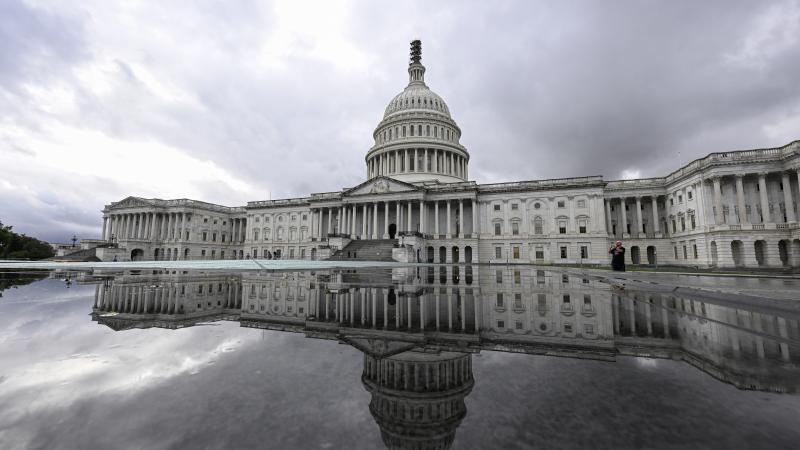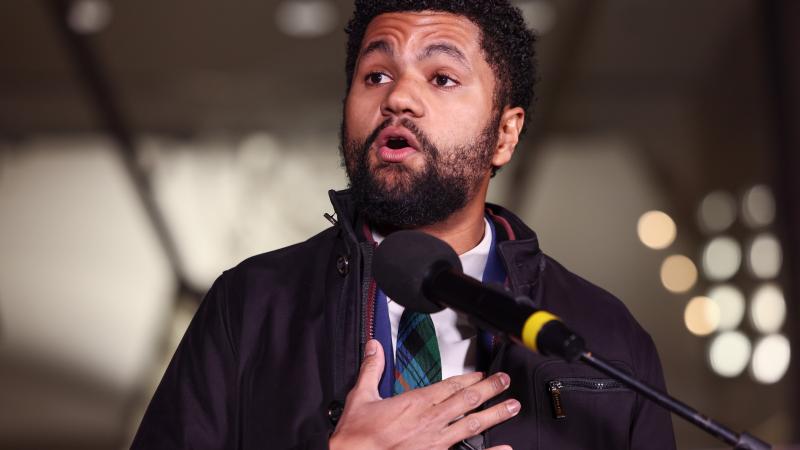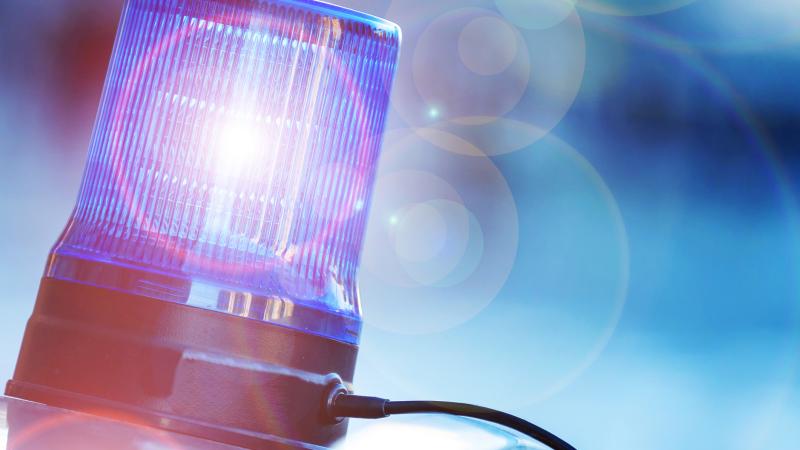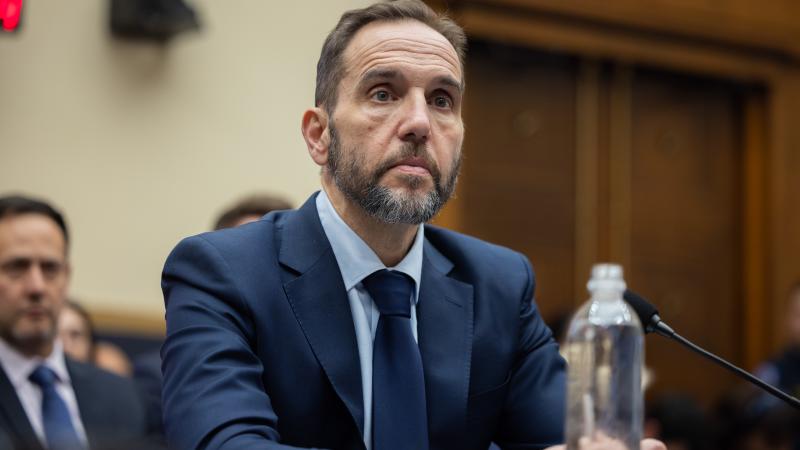Maine law enforcement groups pan 'red flag' law passage
Mike Edes, executive director of the Maine Lodge, Fraternal Order of Police, said Maine's "yellow flag" law "has worked" and the voter approved changes puts the public and law enforcement officers at risk.
(The Center Square) -
(The Center Square) — A coalition of Maine law enforcement groups warns that the state's new voter-approved "red flag" law will violate constitutional rights and increase safety risks for police officers.
Voters in Tuesday's election approved Question 2, a citizen-led initiative that calls for authorizing a red flag law allowing families and law enforcement to petition a judge for an "extreme risk protection" order if they believe that person poses a risk to themselves or others. Under the new rules, a judge has the authority to order the confiscation of that individual's weapons.
But law enforcement groups who opposed the referendum are renewing their concerns about the constitutionality of the restrictions and the risks it creates for police officers and the general public.
“We respect the outcome of this election. But our position has not changed," Joe Bureau, president of the Maine State Troopers Association, said in a statement. "Question 2 expands government authority to seize firearms in ways that risk violating constitutional safeguards and create confusion in the field — for both citizens and officers."
Mike Edes, executive director of the Maine Lodge, Fraternal Order of Police, said Maine's "yellow flag" law "has worked" and the voter approved changes puts the public and law enforcement officers at risk.
"It protects rights while allowing swift intervention when there’s a genuine threat," Edes said. "The new law eliminates key guardrails that kept both citizens and officers safe."
Democrats have been pushing to tighten the state's gun control laws in the wake of the Oct. 25 shooting by Army Reservist Robert R. Card Jr. in a Lewiston bowling alley that killed 18 people. Card died by suicide, according to authorities.
Maine has a "yellow flag" law but control advocates have long argued it limits the ability of authorities to take away a person’s weapons if they are considered a danger to themselves or others.
Sill, an independent commission launched by Gov. Janet Mills that reviewed events leading up to the October shooting issued a report noting that the state's yellow flag law might have prevented the incident if law enforcement had utilized it. Mills opposed Question 2, claiming it lacks due process safeguards that protect both the public safety and the rights of the individual.
Passage of Question 2 was helped by funding from out-of-state Democratic groups and gun control advocates like former New York City mayor Mike Bloomberg who pumped money into the Yes on 2 campaign.
Regulations vary widely but at least 22 states and Washington, D.C., now have red flag laws, according to the National Conference of State Legislatures. While Maine is the latest to adopt such a law, Florida, Vermont, Rhode Island, Maryland and New Jersey all passed "red flag" bills after the 2018 Parkland, Fla., shooting.
Paul Gaspar, executive director of the Maine Association of Police, said the coalition is urging lawmakers to "closely monitor" the law’s rollout and to address any "unintended" consequences.
"Law enforcement officers will always uphold the law and protect our communities. But we also have a duty to speak up when new policies compromise safety or constitutional rights," he said. "The passage of Question 2 doesn’t end the conversation — it begins a new responsibility to ensure Maine’s laws are both effective and just."















